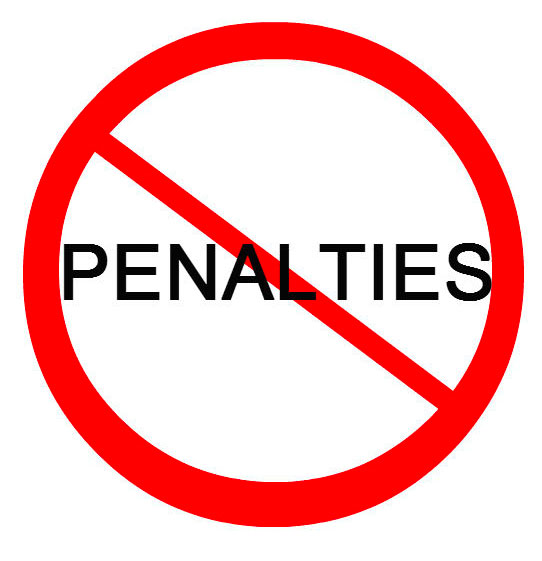Introduction
If you want to avoid IRS penalties 2025, you need to understand the latest tax rules, deadlines, and relief options. Every year, millions of taxpayers face a filing penalty, failure to pay penalty, or underpayment of estimated tax because they didn’t know when a penalty applies. The IRS is strict when it comes to unpaid taxes and will continue adding penalties and interest until you file your return and pay your taxes.
This guide will walk you through the most common IRS penalties, important deadlines like April 15, and proven strategies to lower your tax bill with confidence.
Every year, millions of Americans face IRS penalties for mistakes like filing late, underpaying taxes, or not meeting estimated tax deadlines. In 2025, the rules remain strict, but with the right strategies, you can avoid costly penalties and interest. Whether it’s the failure to file penalty, failure to pay penalty, or underpayment of estimated tax, knowing how to stay compliant is crucial.
This guide breaks down everything you need to know about IRS rules, important deadlines like April 15, and steps you can take to lower your tax bill while staying penalty-free.
1. Why You Must Avoid IRS Penalties 2025
Understanding when a penalty applies helps you avoid surprises:
-
Failure to File Penalty – If you don’t file your return by April 15, the IRS charges 5% of the unpaid tax for each month or part of a month late.
-
Failure to Pay Penalty – When you pay your taxes late, you’ll owe 0.5% of your unpaid tax balance monthly.
-
Underpayment of Estimated Tax – If you don’t pay at least 90% of your income tax throughout the year, the IRS charges interest and penalties.
💡 Tip: Filing even if you can’t pay lowers your risk, since the failure to file penalty is usually harsher than the failure to pay penalty.
2. Key 2025 Tax Deadlines You Must Know
-
April 15, 2025 – Standard deadline to file your tax return and pay.
-
Quarterly Estimated Payments – If self-employed, you must meet each quarter’s deadlines to avoid underpayment of estimated tax penalties.
If you need more time, request an extension through extensiontax.com — but remember, an extension to file is not an extension to pay.
3. How to Avoid IRS Penalties 2025
To avoid IRS penalties 2025, you must understand how they work:
✔ File Your Return On Time
Late filing leads to the steepest filing penalty. Even if you can’t pay, always file before April 15.
✔ Pay at least 90% of Your Taxes
To avoid penalties and interest, make sure you pay at least 90 percent of your income tax due throughout the year.
✔ Use Penalty Relief Options
The IRS offers penalty relief for first-time offenders or those facing reasonable hardship. Explore your options through aarp.org and moneytalk1.blogspot.com.
✔ Set Up a Payment Plan
If your tax bill is high, request an installment agreement. The IRS is more flexible in 2025 than before.
✔ Seek Expert Support
Tax laws can be complex. Professional tax advisors and tools like formize.com and marketresearchforecast.com can provide expert support to minimize risks.
4. What Happens If You Don’t Pay?
If you ignore your tax bill, the IRS adds penalties and interest until the balance is cleared. Common consequences:
-
Wage garnishments
-
Bank levies
-
Seizure of property
-
Impact on credit
Resources like glarity.app and rok.biz explain how tax problems affect your financial profile.
5. Long-Term Tax Strategies to Stay Penalty-Free
-
Plan for retirement with strategies from early-retirement.org.
-
Diversify income streams to spread tax liability, as highlighted by diversification.com.
-
Stay updated with IRS notices by subscribing to govdelivery.com.
-
Learn from financial experts through podcasts-online.org and reliable outlets like yahoo.com.
Conclusion
Avoiding IRS penalties 2025 is all about preparation, accuracy, and consistency. File your return on time, pay at least 90 percent of your taxes, and don’t ignore your tax bill. If you make a mistake, consider exploring penalty relief options or seeking expert support before the IRS adds additional penalties and interest.
Staying informed helps you save money and protect your financial future. Take action early—don’t wait until April 15 to deal with your taxes.






